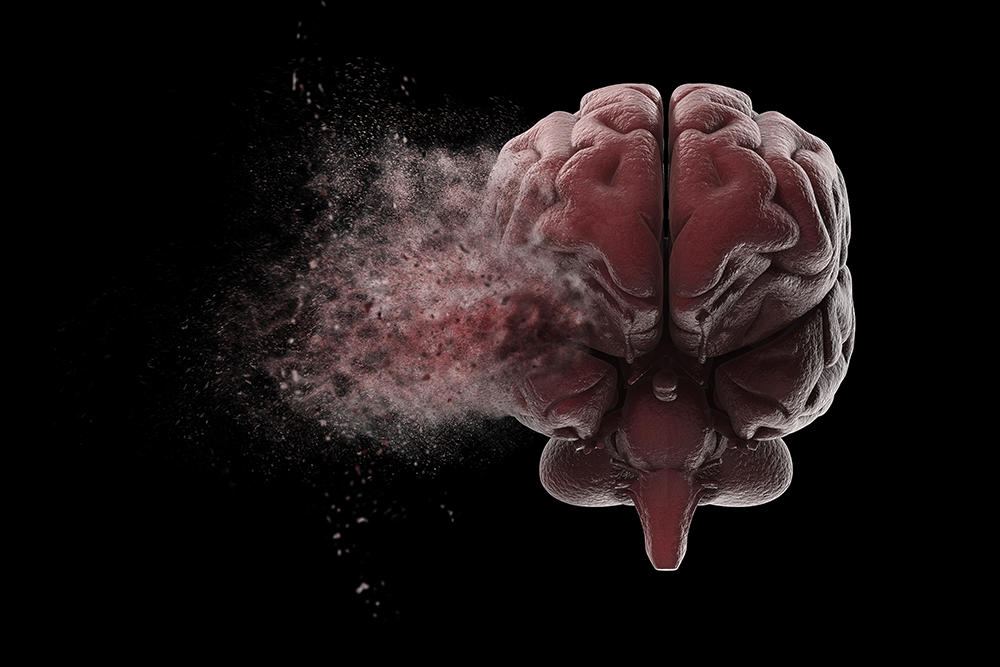

Long COVID and associated conditions (LCAC) can. The good news is that the vast majority of patients with post-COVID-19 brain fog recover completely over the course of 6 to 9 months. Commonly reported symptoms include, but are not limited to, cognitive impairment (e.g., brain fog), fatigue, apathy, depression, anxiety, insomnia, anergia. 3 Individuals with long COVI-19 may also experience muscle aches, dizziness, headache, and changes in smell and taste.

For example, brain fog is commonly reported in individuals with long COVID-19. In both cases, excessive inflammation damages the same brain cells and processes, according to research led by Stanford University School of Medicine. If brain fog is related to an underlying health problem, additional symptoms related to that condition may also be present. Significant correlations were seen for concentration and attention, as well as memory issues, with brain fog. Mindfulness, cognitive remediation, and ACT can potentially mitigate the prominent and disruptive symptoms of fatigue, brain fog, and anxiety. Brain fog after COVID-19 is biologically similar to cognitive impairment caused by cancer chemotherapy, something doctors often refer to as chemo brain. The mean score was 26.0 for the Montreal Cognitive Assessment. Impairments in attention and executive function were frequently observed. The researchers found that fatigue, brain fog, headache, anxiety, and sleep issues were the most prevalent symptoms after COVID-19 infection. But other effects may be more subtle, such as the persistent impairment in sustained attention noted by Chinese researchers. As I described in a previous blog post, some can be devastating, such as encephalitis, strokes, and lack of oxygen to the brain. Thirteen patients without confirmatory positive polymerase chain reaction or antibody diagnostic test results were grouped separately. Brain fog is also known as executive dysfunction and affects us in the following ways: (1) Difficulty planning and prioritizing activities and tasks (2) Difficulty estimating how long things. While some people who have had COVID-19 report brain fog and fatigue as lingering symptoms of their infection whats known as long COVID mental health care providers around the U.S. There are many ways that COVID-19 can damage the brain. Leidys Gutierrez-Martinez, M.D., from Massachusetts General Hospital in Boston, and colleagues retrospectively collected data between February 2020 and May 2021 from 100 COVID-19 survivors with persistent symptoms, enrolled after a short inpatient stay or who had been outpatients never hospitalized. (HealthDay News) - Fatigue, brain fog, headache, anxiety, and sleep issues are the most prevalent symptoms among survivors with persistent symptoms after COVID-19 infection, according to a study published online June 10 in the Journal of Neuropsychiatry and Clinical Neurosciences.


 0 kommentar(er)
0 kommentar(er)
